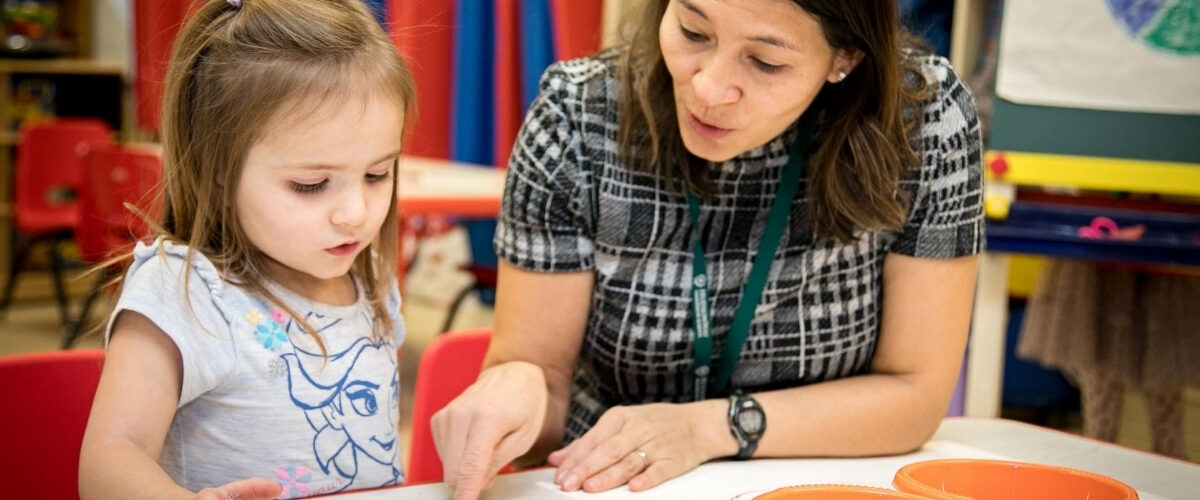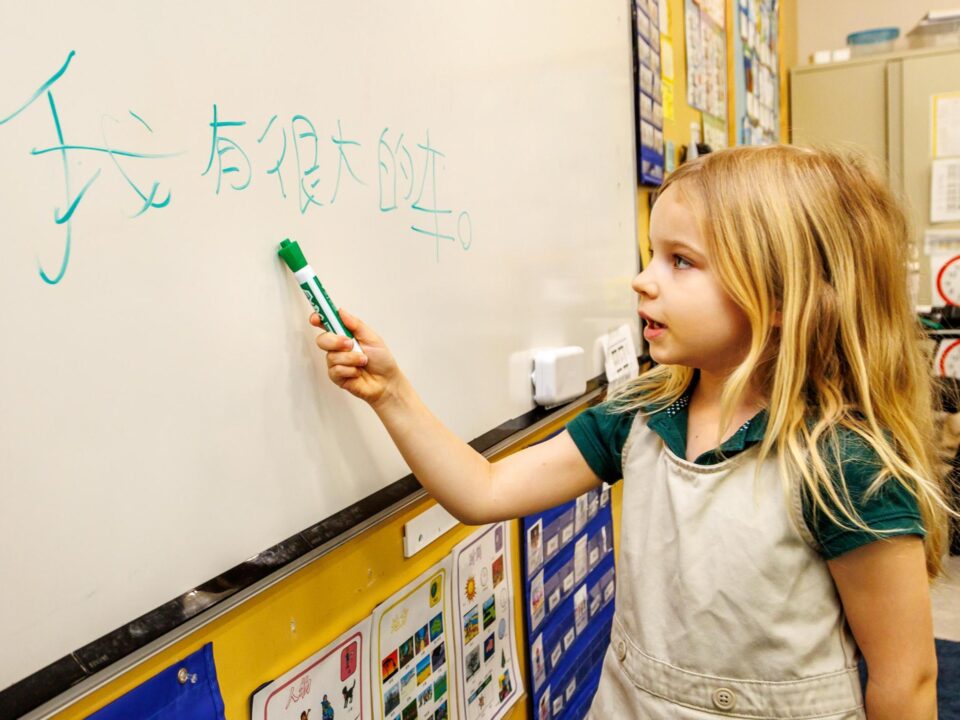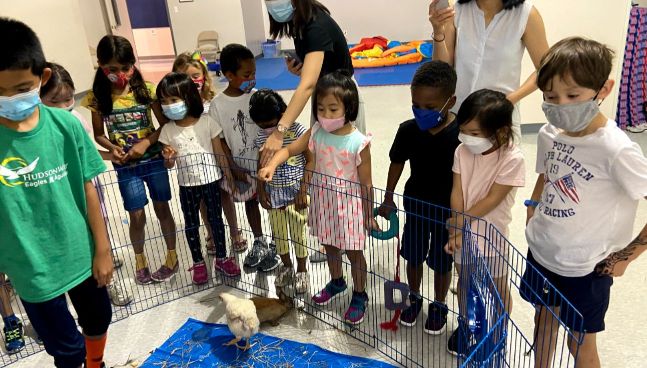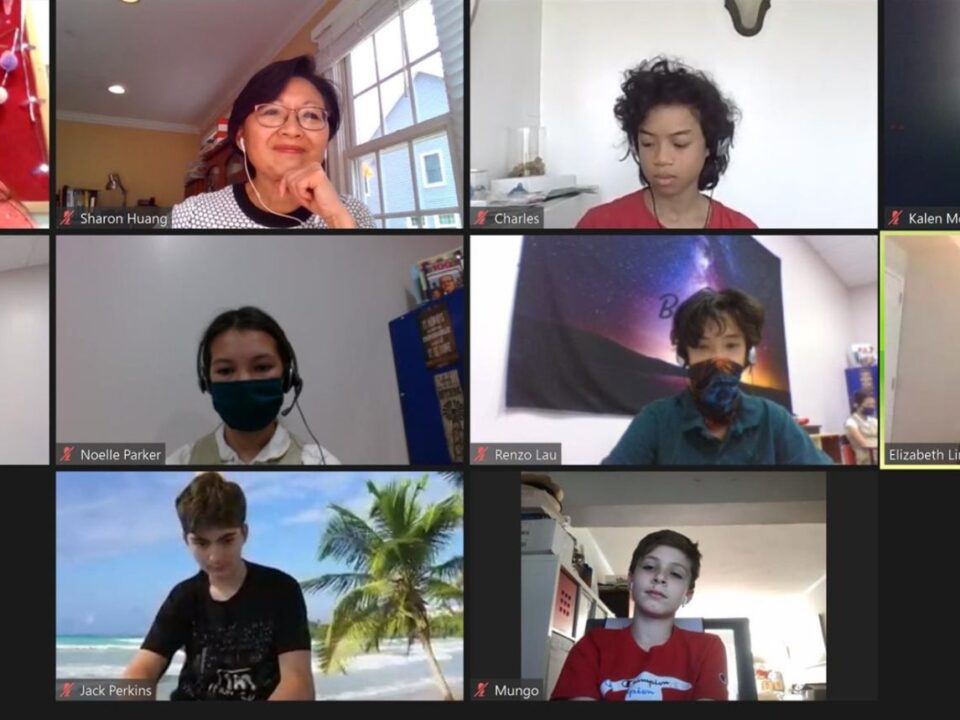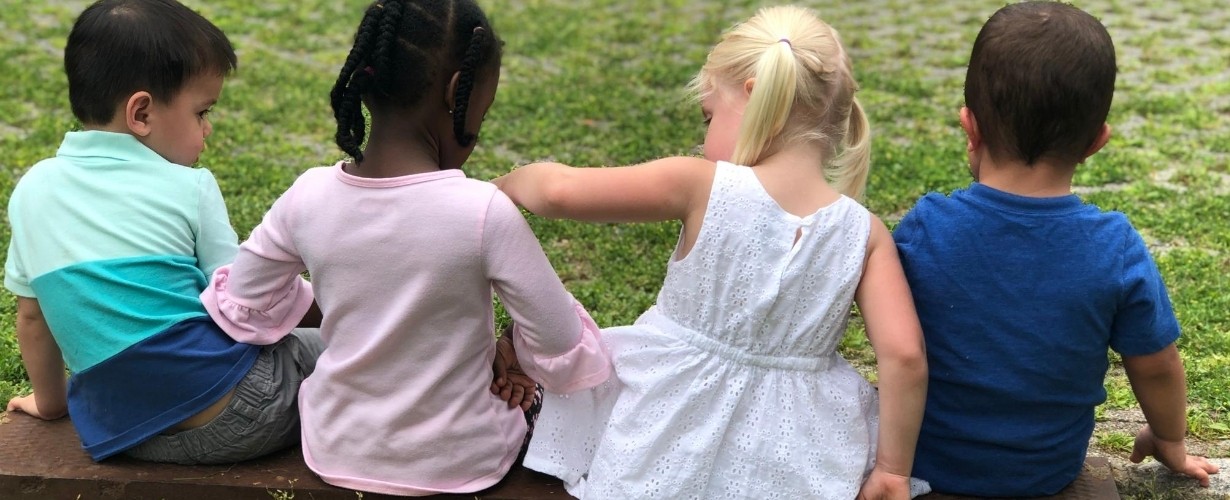
Bilingual Language Development During the Preschool Years: What Can I Expect From My 2, 3 or 4 Year-old in a Dual Immersion Preschool Environment?
August 17, 2020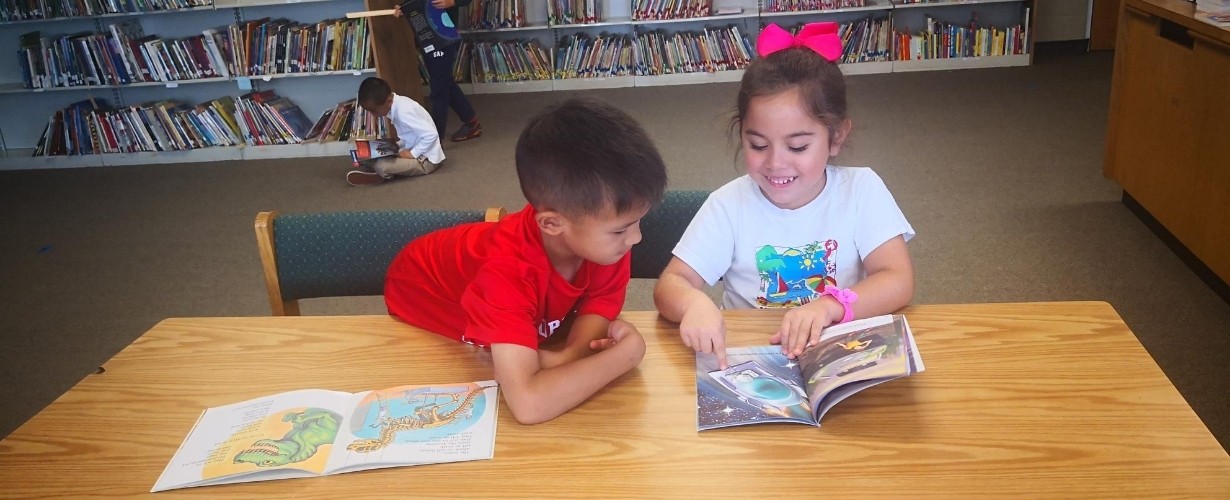
How Do We Develop Mandarin Literacy in a Chinese Immersion School?
August 18, 2020
Research tells us that emotion and cognition are interrelated and that the quality of emotional support can impact on a child later in life. Many parents are aware that there are numerous benefits to language immersion preschools, however, some may be concerned that the social-emotional needs are harder to meet particularly if a child is in an environment where he or she does not speak the language.
At HudsonWay Immerson School, our teachers are trained to understand both early childhood and the second language acquisition process. With this training and mentorship from experienced colleagues, and low student to teacher ratios, our teachers are fully aware of what a young child’s basic needs are and how they typically express their needs using body language, facial expression, cries, or words in English. Before a child is able to verbalize his or her thoughts much like an infant would in a monolingual setting, teachers interact with children to confirm an understanding of the child’s needs. For example, when a child cries around snack time or lunch time, we might suspect that he or she is hungry. We will ask the child if he/she wants a cracker by giving the child a cracker. When the child happily eats it, we reinforce the language by saying to the child, "我饿了, 请给我一块饼干(I am hungry, please give me a cracker.) By doing this, children establish trust with the teachers and learn the language in the process. This is an example of how emotional and cognition are intertwined.
Teachers at HWIS are nurturing and aware of each child’s individual schedule, personalities, habits, etc. All of this attention and communication with other teachers and parents helps to model positive social-emotional skills. In this way, children learn self-regulation, resilience and other social-emotional skills important for interaction with others. An important realization for young children is that there are other people around them and that there are norms for how we interact with others and communicate effectively. The great thing is that children are able to learn these skills in bilingual language environments and benefit all the more.


